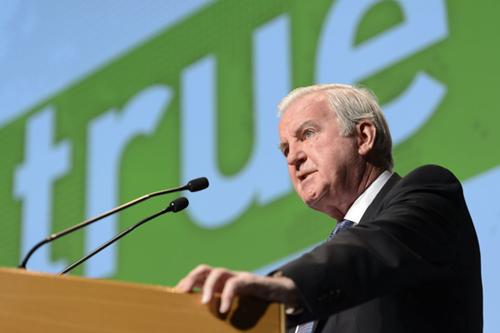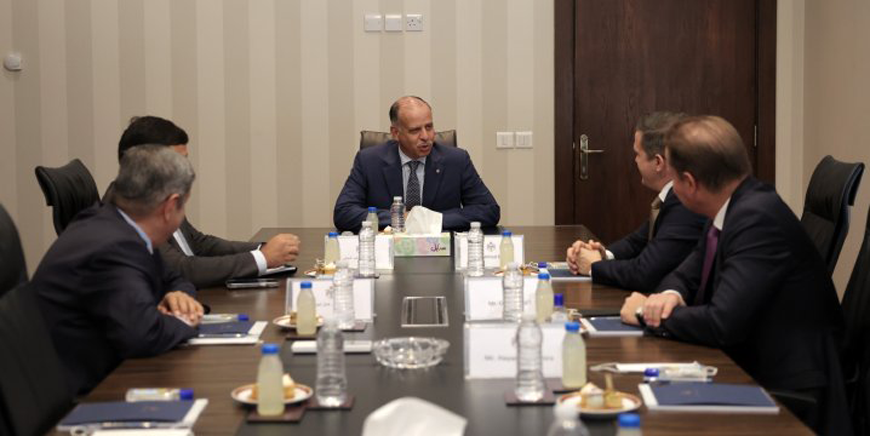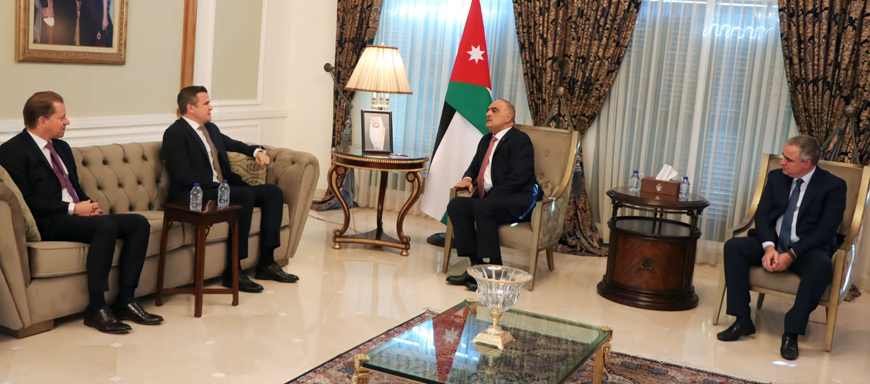You are here
Taylor banned over delayed reporting of spot-fixing plot
By AFP - Jan 29,2022 - Last updated at Jan 29,2022
DUBAI — Former Zimbabwe captain Brendan Taylor was on Friday banned from all cricket for three-and-a half years, days after revealing he took cocaine and accepted a $15,000 “deposit” to engage in spot-fixing.
The International Cricket Council (ICC) said Taylor had admitted to four breaches of its anti-corruption code and a separate charge of violating the global governing body’s anti-doping code.
The ICC said he had failed to disclose to the organisation’s anti-corruption unit the receipt of gifts or hospitality and failed to reveal full details of “an approach to engage in corrupt conduct”.
Taylor’s violation of the ICC’s anti-doping code, which is separate from the anti-corruption charges, resulted from an in-competition test conducted in September 2021 following Zimbabwe’s match against Ireland.
The batsman tested positive for the stimulant benzoylecgonine, a cocaine metabolite, which is specified as a “substance of abuse” under the code.
He was given a one-month ban, which will run concurrently with his other suspension, meaning he will be free to resume playing on July 28, 2025.
“Brendan is a former international captain who represented Zimbabwe for 17 years,” said Alex Marshall, general manager of the ICC’s Integrity Unit.
“Over such a long career, he participated in numerous anti-corruption and anti-doping education sessions and knew exactly what his obligations were under the ICC anti-corruption and anti-doping codes.
“It is disappointing that a player of his experience chose not to fulfil those obligations. However, he has accepted all charges, which has been reflected in the sanction.”
Indian businessman
Taylor, Zimbabwe’s second-highest run-scorer in one-day cricket, issued a statement on his Twitter account on Monday revealing that he faced a long ban from cricket.
The 35-year-old, who retired in September, said he was invited by an Indian businessman in October 2019 to travel to India to discuss “sponsorships and the potential launch of a T20 competition in Zimbabwe and was advised that I would be paid $15 000 for the journey”.
The invitation came when the team had not received salaries for six months, he said, and there were concerns the country would not be able to continue playing international matches.
Taylor said he was a “little wary” but made the journey and while there he took cocaine after he was offered it by the businessmen and his colleagues.
He said the men showed him a video they had taken of him using the drug and telling him if he did not spot-fix, it would be released to the public.
Spot-fixing refers to the illegal fixing of a specific part of a match for betting purposes.
Taylor said he was “cornered” and accepted a $15,000 sum that he was told was a “deposit” for spot fixing. He took the cash so that he could fly out.
It took him four months to report the offence to the ICC but he stressed he had never been involved “in any form of match-fixing”.
Taylor also revealed on Monday that he was checking into a rehabilitation centre “to get clean and to get my life back on track”.
Related Articles
COPENHAGEN — Top officials of the International Olympic Committee (IOC) and other sporting bodies would be banned from being members of anti
AMMAN — HRH Prince Feisal on Wednesday met with President of World Anti-Doping Agency (WADA) Witold Banka, commending the agency's efforts t
AMMAN — Prime Minister Bisher Khasawneh on Wednesday received Witold Banka, president of the World Anti-Doping Agency (WADA) and Olivier Nig
















